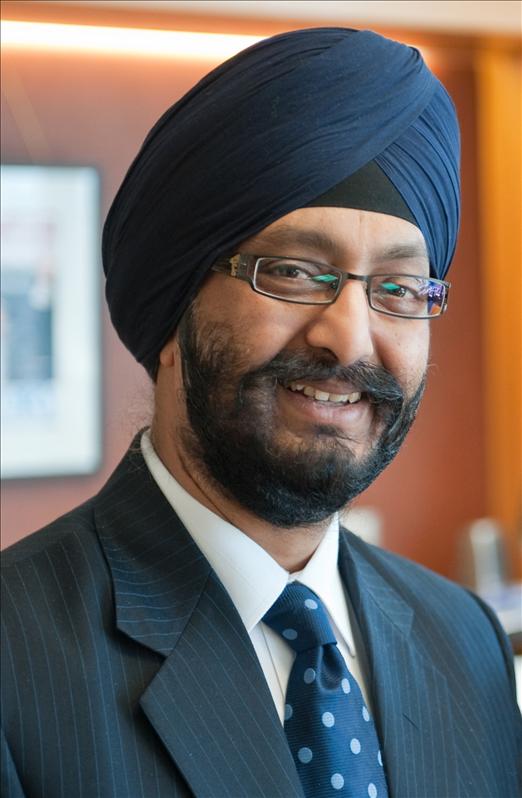 Diwali, also known as the ‘Festival of Lights,’ is a Festival of significance celebrated throughout the Indian Subcontinent and any place with a large Indian population.
Diwali, also known as the ‘Festival of Lights,’ is a Festival of significance celebrated throughout the Indian Subcontinent and any place with a large Indian population.
Diwali is celebrated through family gatherings, buying new clothes, enjoying special treats and watching the fireworks that drive away evil spirits to bring luck and prosperity in the New Year.
Cities glow with colourful lights and ghee lanterns lit throughout the night as a celebration of good over evil, triumph of inner light over ignorance and to welcome Goddess Lakshmi.
While there are various legends that inspire this festival, I want to share with you one of my favourites – the tale of how King Narakasura lost favour with Gods and hence had his Kingdom taken away.
King Narakasura ruled with tyranny, which led his subjects to appeal to Lord Krishna for help. The Lord killed Narakasura in a battle and upon his return the city was in complete darkness as it was a moonless night. To commemorate His victory and to welcome Lord Krishna home, the people lit lamps. To this day, Hindus mark the victory of Lord Krishna over King Narakasura by lighting oil lamps.
Sikh celebrations
Sikhs celebrate ‘Bandi Chorh Divas’ as a different Festival but on the same day as Diwali. This event celebrates the release from prison of the Sixth Guru, Guru Hargobind Ji, and 52 other princes with him in October 1619. Following their release, Guru Hargobind Ji arrived in Amritsar in the midst of the Diwali festival, and the day was henceforth associated with his liberation.
For auspicious reasons some Indian communities also begin the financial year on Diwali Day.
Festive bazaars
Festive bazaars and many cultural activities are also held to mark Diwali. Festive stalls are decorated with wares such as fragrant flowers, garlands used during prayers, traditional oil lamps, sarees with intricate brocade patterns, and glittering gems. I am particularly fond of many Indian delicacies such as ‘Gajar Ka Halwa’ (Carrot sweet) that can also be found during this period.
Diwali festival lasts for five days. The peak is usually on the third day, which is considered the New Year’s Eve. The last day is set aside for brothers and sisters to spend time together.
Unity in diversity
Diwali is observed by Hindus, Sikhs, Jains, and even Buddhists, all contributing to the atmosphere with lamps and colourful decorations. Celebrations of Diwali across India and by Indians abroad truly represent a unity through diversity.
Still a relatively new concept, Diwali Festival is becoming more widely observed throughout the West. Diwali often overlaps with ‘Guy Fawks’ Night in New Zealand, celebrated with beautiful firework displays.
We will celebrate Diwali this year also (November 6) in Parliament. Prime Minister John Key, Ethnic Affairs Minister Judith Collins and my colleagues will be speaking at many celebrations across the country.
To all those who will celebrate this joyous occasion in November, I wish you, your families and loved ones Happy Diwali.
Kanwaljit Singh Bakshi is Member of Parliament on National List.
*
Photo : An artist’s impression of Guru Hargobind Ji and 52 princes arriving in Amirtsar






